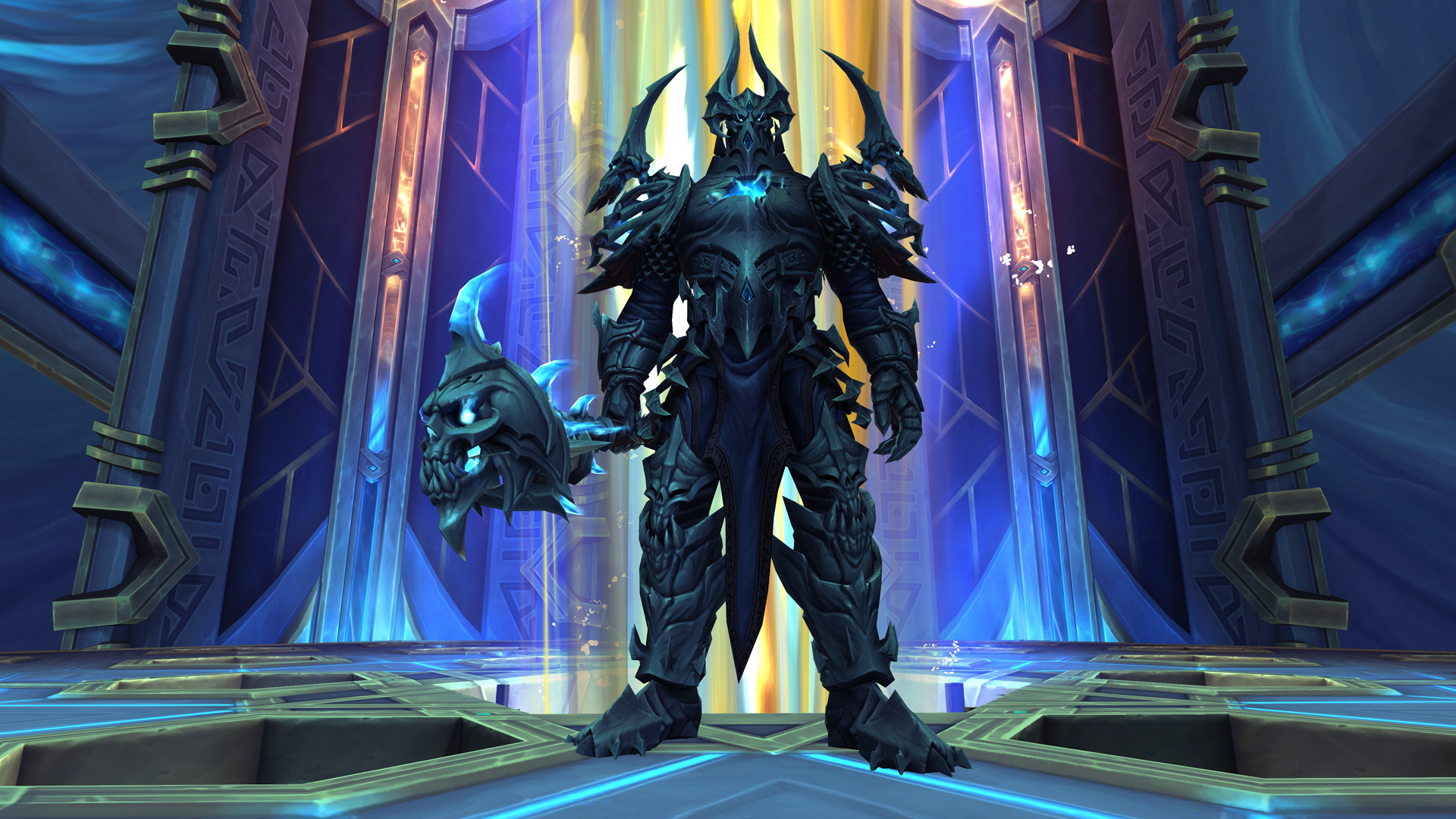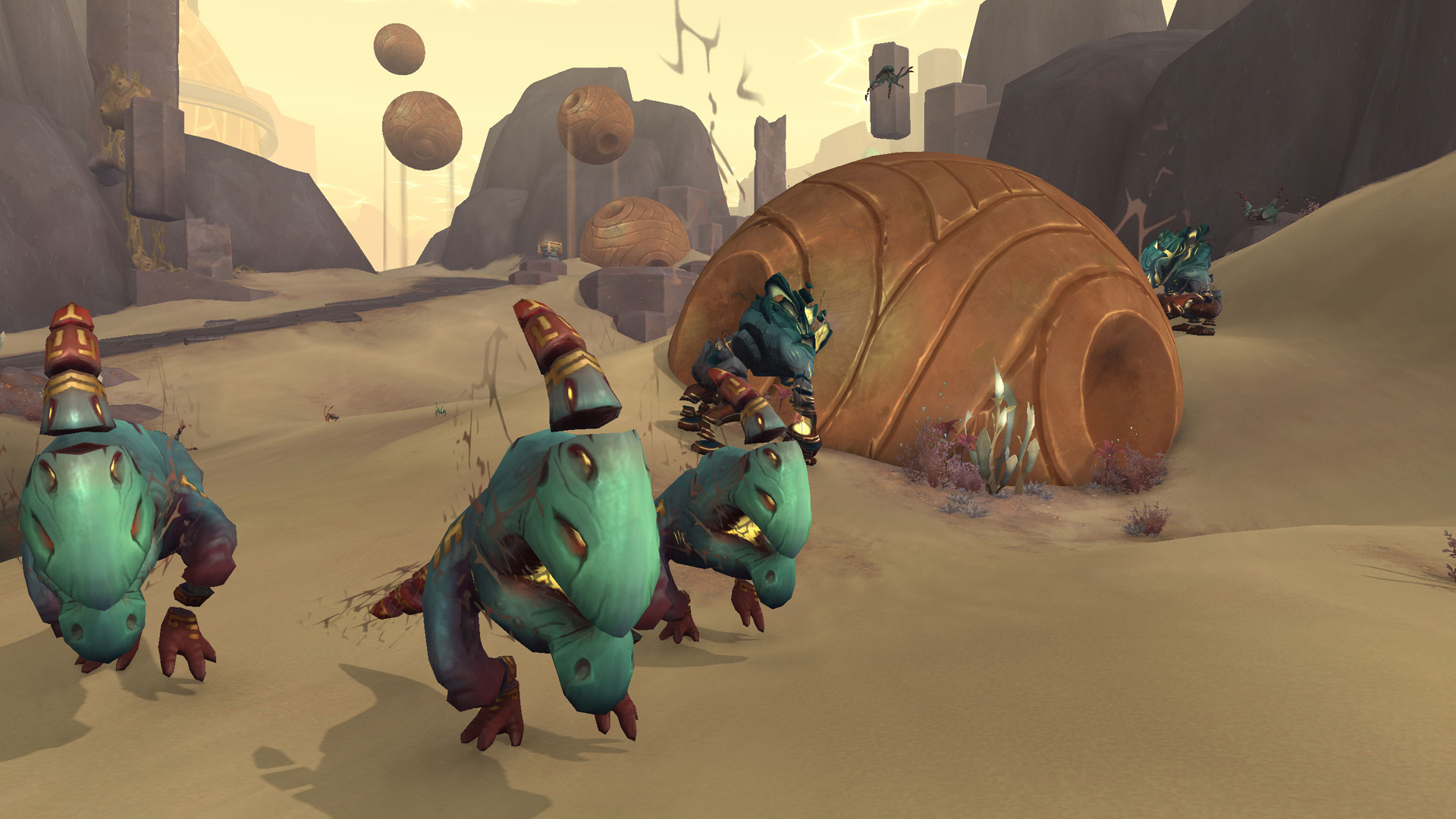World of Warcraft clamps down on boosting but players doubt it will stop
Players will no longer be able to pay gold to organizations for boosting services.

Blizzard has implemented a new policy that tightens the restrictions on World of Warcraft boosting, in which players help each other clear content and obtain rare items and achievements in exchange for in-game gold.
In a post on the game's forums, community manager Kaivax wrote, "As of today, we will now prohibit organizations who offer boosting, matchmaking, escrow, or other non-traditional services, including those offered for gold."
According to Kaivax's post, Blizzard will issue warnings, account suspensions, and permanently close any accounts that are found to be a part of a boosting organization, which commonly operate across several servers via a consolidated Discord server.
The new policy specifies that individual players or guilds of players will still be able to use in-game chat to buy or sell "in-game items or activities for in-game currency." This line in the announcement has led some to point out that the new policy won't eradicate boosting entirely.
Instead, Blizzard is attempting to crack down specifically on the large-scale communities of people that have taken advantage of how purely gold-based transactions don't violate the game's terms of service, and the ability to convert in-game gold to game time (via WoW Tokens) or Battle.net balance to be used on other games and services.

These boosting communities have a surprisingly elaborate process. They hire players to advertise their services on various servers. A buyer contacts them and pays them gold that is then paid to a "bank", or representatives of the boosting community. From there, boosters, who are paid with in-game gold from that bank, take on the job of getting players what they're after. All of this happens across multiple servers and is reported back to a centralized Discord server. This way, players who, for whatever reason, can't perform a tough raid or get a fancy mount, can either buy WoW Tokens for gold or pay the gold they already have for a group to help them. The advertisers, boosters, and other admins get to take that gold and continue their subscription or turn it into Blizzard bucks, if they want.
Some of the most popular boosting communities, including Nova, Sylvanas, and Huokan, have all announced that they will stop their services on Discord in the wake of the announcement.
The biggest gaming news, reviews and hardware deals
Keep up to date with the most important stories and the best deals, as picked by the PC Gamer team.
"It's foolish to believe that all of a sudden it will stop," Windz, one of Nova's founders, told PC Gamer. "People will just do it in a shady way."
Boosting is derided by many in the game's community, largely for encouraging players to buy their way toward things other players have to do on their own. Last year, Blizzard head Mike Ybarra upset some of these players for posting a tweet about his "sales run" raid, which indicated it was part of a boosting service.
It's unclear how Blizzard will determine what an "organization" is, and how it will identify if an individual or guild is connected to a larger community—thus breaking the rule. And, as Windz suggests, it's possible that these services will be done for real money, which violates the game's terms of service. Though it may seem like a hard stance on boosting, it's clear that Blizzard's decision leaves a lot of loopholes.
Tyler has covered videogames and PC hardware for 15 years. He regularly spends time playing and reporting on games like Diablo 4, Elden Ring, Overwatch 2, and Final Fantasy 14. While his specialty is in action RPGs and MMOs, he's driven to cover all sorts of games whether they're broken, beautiful, or bizarre.

